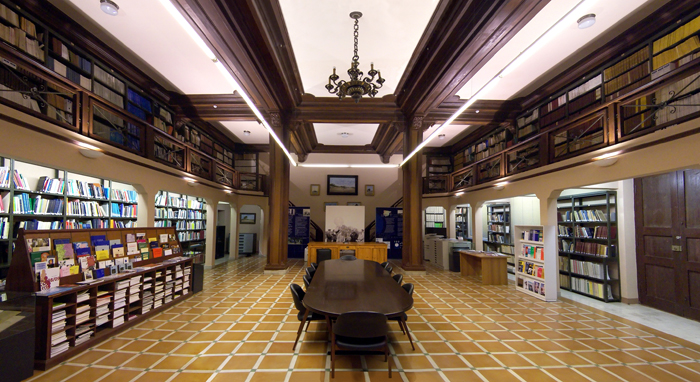 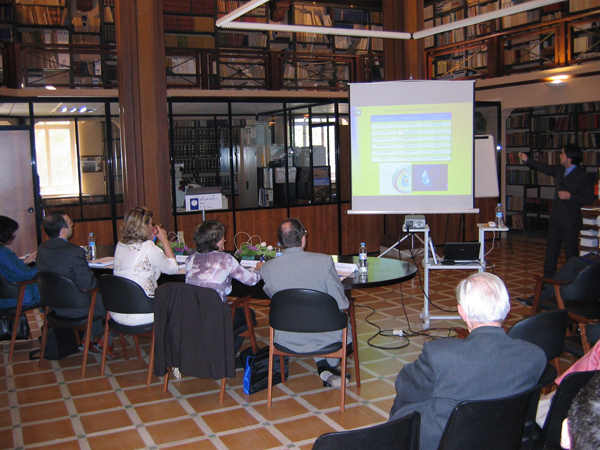 |
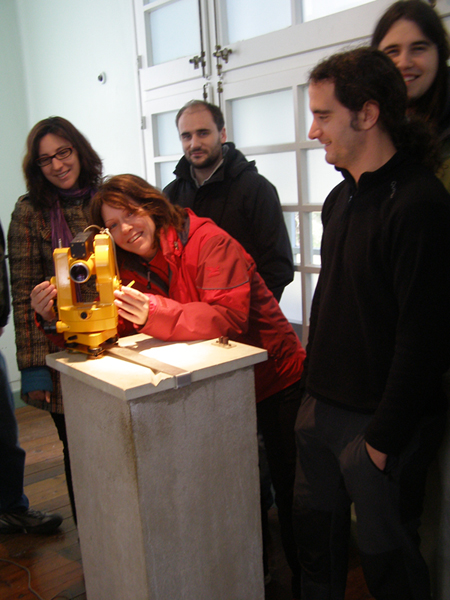 |
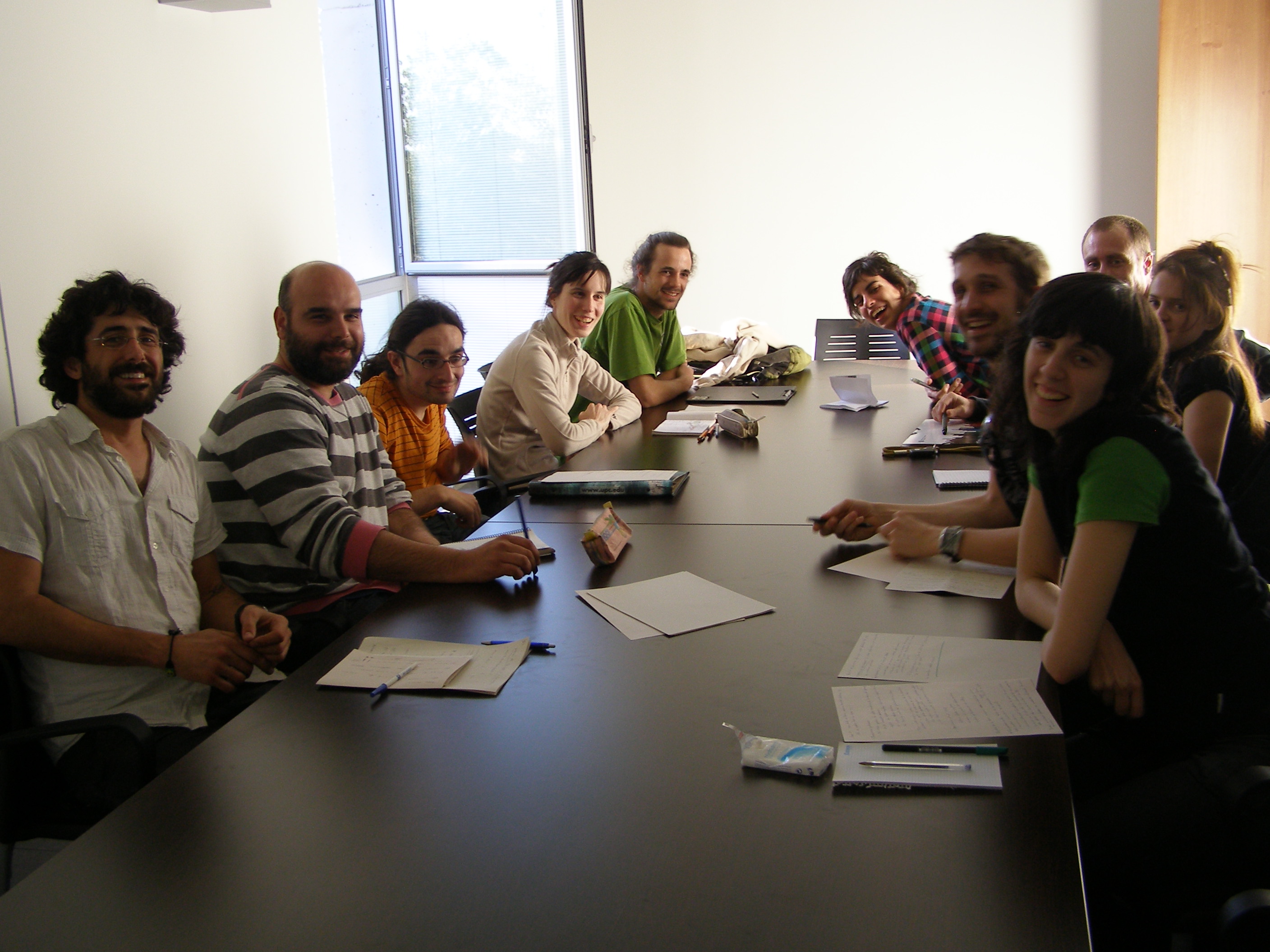 |
The aim of the studies of doctorate is to offer an advanced formation in research technics to the student, who will have to elaborate and defend a thesis that incorporates original results of research.
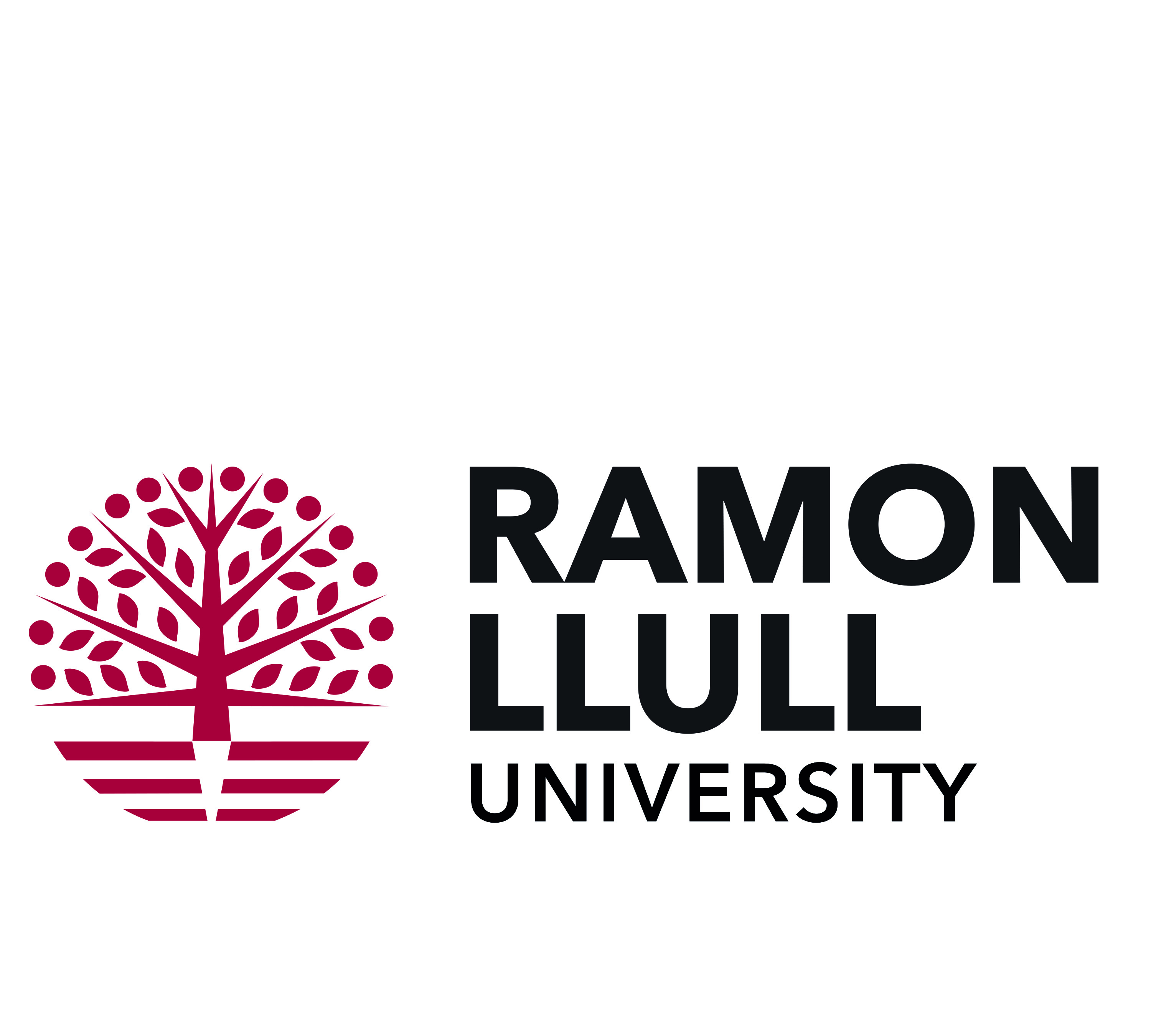 Our doctoral programme is included in the training offer of the Ramon Llull University, bringing together the training of researchers from the research groups of the Observatori de l’Ebre and La Salle-URL. Different groups of research take part developing lines of research in the field of Physics, speciality Geophysics and also in Technologies of the Information and Communication and its Management.The fusion of these groups allows us to reinforce the multidisciplinary aspects of our doctoral program. The aim of this fusion is to ensure that the doctoral candidate will acquire basic research skills, professional capacities and the ability to innovate and be creative. These competencies will turn the doctoral Student into a professional both in the scientific and business worlds. We offer advanced training research techniques which will be useful for the candidate to develop original research results along the doctoral studies.
Our doctoral programme is included in the training offer of the Ramon Llull University, bringing together the training of researchers from the research groups of the Observatori de l’Ebre and La Salle-URL. Different groups of research take part developing lines of research in the field of Physics, speciality Geophysics and also in Technologies of the Information and Communication and its Management.The fusion of these groups allows us to reinforce the multidisciplinary aspects of our doctoral program. The aim of this fusion is to ensure that the doctoral candidate will acquire basic research skills, professional capacities and the ability to innovate and be creative. These competencies will turn the doctoral Student into a professional both in the scientific and business worlds. We offer advanced training research techniques which will be useful for the candidate to develop original research results along the doctoral studies.
The duration of the doctoral studies is 3 years for a full-time candidate and 5 years for a part-time candidate, from the admission of the doctoral studies since the thesis defense.
Objectives
The doctoral program aims to develop the skills and competencies necessary to train high level researchers able to carry out solid research in the different fields involved in this program.
- Scientific quality through publications. We encourage paper publications in indexed journals as a measure of contrast.
- Transversal and multidisciplinary. Exploit the possibilities of interdisciplinary knowledge included in the program.
- Internationalization. Thanks to the international contacts of the different research groups, we encourage PhD students to stay in foreign centers for some time.
Competencies
In accordance with Royal Decree 99/2011, 28 January and Royal Decree 1027/2011, 28 July, the competencies are:
- Systematic understanding of a field of research and mastery of the skills and research methods related to said field.
- Ability to conceive, design and create, implement and undertake a substantial creation or research process.
- Ability to contribute to the broadening of the frontiers of knowledge through original research.
- Ability to carry out critical analysis and evaluation and synthesis of new and complex ideas.
- Ability to communicate with the academic and scientific communities and with society in general about their research area in the ways and language typically used in the relevant international scientific community.
- Ability to foster, in academic and professional contexts, scientific, technological, social, artistic or cultural advances within a knowledge-based society.
Personal abilities and skills
- Ability to deal with contexts in which there is little specific information.
- Ability to identify the key questions which need addressing in order to solve a complex problem.
- Ability to design, create, develop and undertake new and innovative projects in the relevant area of expertise.
- Be able to work both in a team and independently in an international or multidisciplinary context.
- Be able to integrate knowledge, deal with complexity and formulate opinions with limited information
- Criticism and intellectual defense of solutions.
Program organization
Doctoral program in Information technology and management application, architecture and geophysics is organized as follows:
Every doctoral student must talk with the thesis supervisor to solve the different problems arising during the doctoral studies such as the execution of the research project and its presentation to the research group.
On the other hand, the doctoral student will do additional training which will be included into the doctoral training log, called document of activities of the doctoral student (DAD). Courses, technical reports, congresses, seminars and all the activities related with the doctoral studies must be written on it in order to keep and control continuous learning and research activity.
Results should be published in journals with high journal impact factor and should be presented in different international congresses where the thesis work can be exposed as well as discussed.
Training activities must be validated by the thesis supervisor and the tutor. The tutor will give this information to the Academic Committee in order to supervise and admit the document of activities of the PhD studentand validate the DAD information.
Doctoral studies must be completed within a maximum of three years, full-time, from the candidate’s admission to the program to the presentation of the doctoral thesis but, the duration will depend on the PhD student profile and the convenience of studying the doctoral training courses.
Research linies
The activity of the Geophysical Group includes the monitoring and analysis of the variability of the Earth's ionosphere and geomagnetic field as well as the study of the water cycle and climate change impacts on Mediterranean water systems. They are noteworthy:
- The investigation of the variability of the ionosphere and the Earth's magnetic field caused by solar and geomagnetic activity.
- Global and Regional modeling of the main magnetic field and of its secular variation, including archaeomagnetic applications.
- The development of models for geomagnetic and ionospheric variations of solar origin and applications related to the effects of space weather.
- The hydrological simulation distributed on a physical basis.
Additional training
Additional training courses may be classified into three different types:
1. Research methodology courses equivalent to 5 ECTS credits.
2. Master courses included in the PhD program related to the research areas needed to develop the doctoral thesis. These courses correspond to 5 ECTS credits each one.
3. Seminars to introduce the PhD student to the research work corresponding to 10 ECTS credits.
Infrastructures
On behalf of the students, the Centre offers the following facilities:
- A Researchers' Residence where students can stay during the development of their thesis.
- A Library specialized in geophysics with access to books and specialtized journals.
- A Laboratory equipped with instrumentation for geophysical works.
- Offices located in the new building for researchers where doctoral students will be able to work together with the center's researchers.
Languages
Students may write and defend the thesis in Catalan, Spanish or English. Additional training courses will be held in English. If sufficient justification is provided, the Academic Committee for the doctoral program may authorize a doctoral student to write and defend the thesis in another language.

